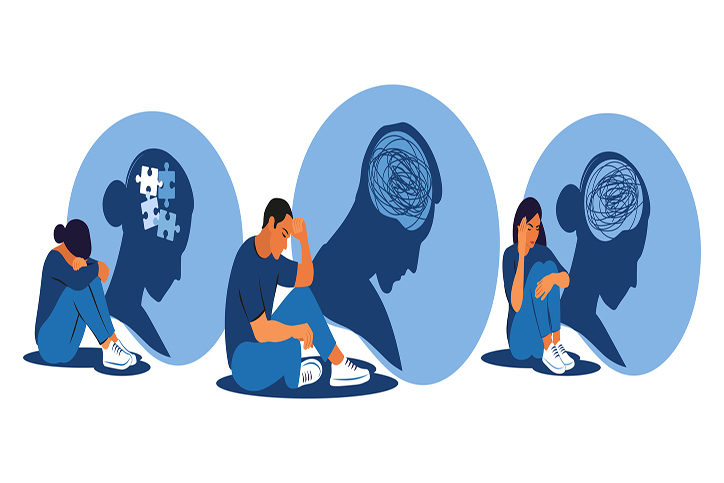Antidepressants are medicines that are prescribed to treat symptoms of depression, anxiety, and other mental health conditions. Sometimes they are prescribed for other conditions such as chronic pain, sleeping disorders, and migraine.
Poison Prevention Press Archive
Poison Safety for Caregivers of Adults and Older Adults
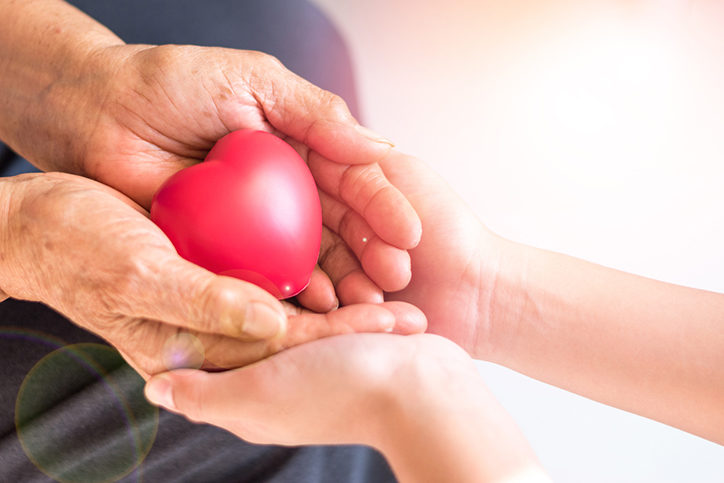
Did you know that about one in six Americans are caregivers providing care to adults (18 years and older) with a disability or illness? Let’s review poison safety tips for caregivers.
What You Should Know About Cannabis Edibles
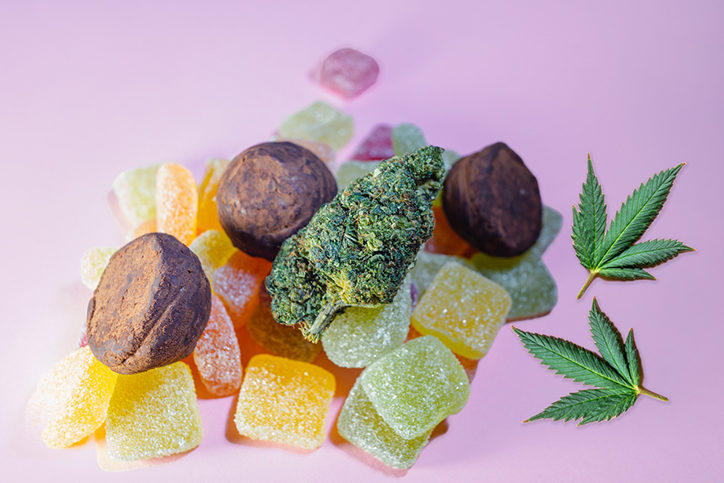
Edibles are products that contain cannabis that can be consumed. They come in many forms that you can eat or drink and are quickly growing in popularity.
Measuring Medicine Safely
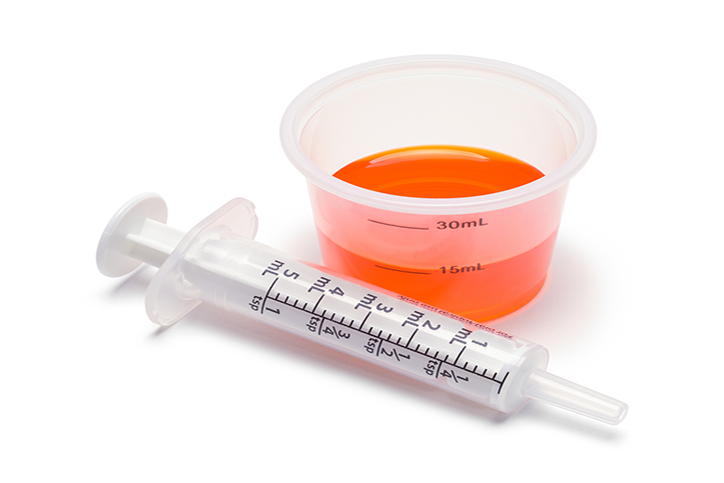
Measuring medicine, also called dosing, can be confusing! Health care providers and pharmacists may use terms such as milligrams (mg), milliliters (mL), micrograms (mcg), grams (g or gm), international units (IU), or other units of measure when talking about medicine.
Little to Large Problem: The Danger of Water Beads
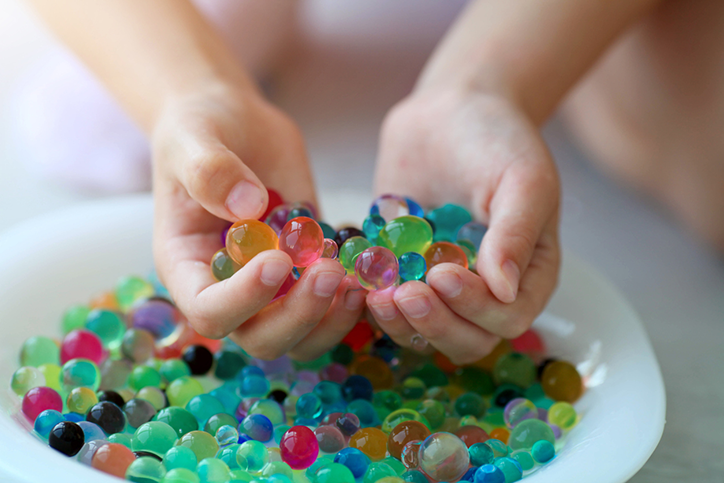
Water beads can cause physical harm and have the potential of causing a severe, and sometimes deadly, small bowel obstruction in children.
What You Should Know About Skin Lightening Products
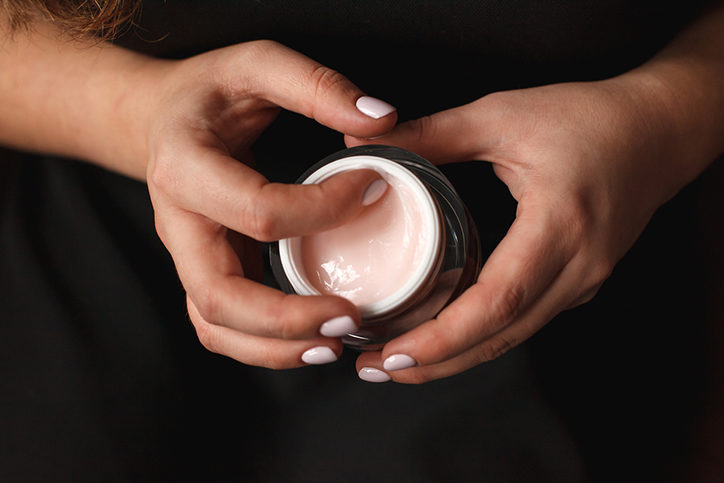
Skin lightening products often say they’ll give you lighter, clearer skin and reduce the appearance of dark spots on your face, like acne scars or freckles. However, many skin lightening products contain dangerous ingredients that can actually harm the health of your skin and cause serious, long-term health problems.
What You Should Know About Heart Medicines
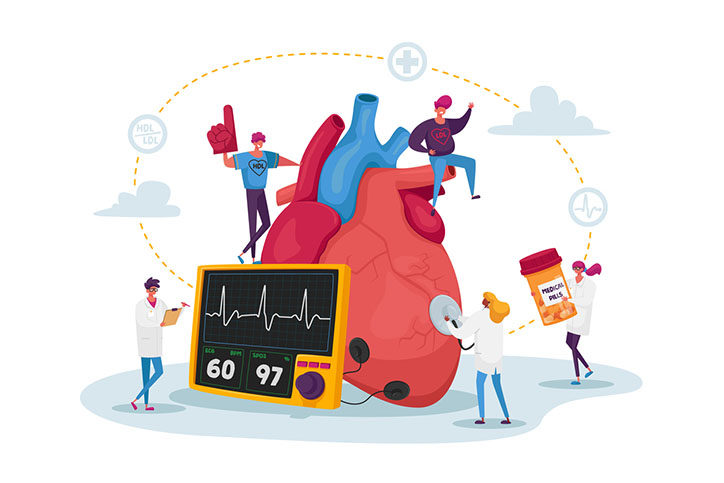
Cardiovascular (heart) medicines are used to treat diseases of the heart and high blood pressure. According to the Centers for Disease Control and Prevention, one of the most common prescription drugs taken by adults are for cardiovascular disease.
Babysitting Poison Safety
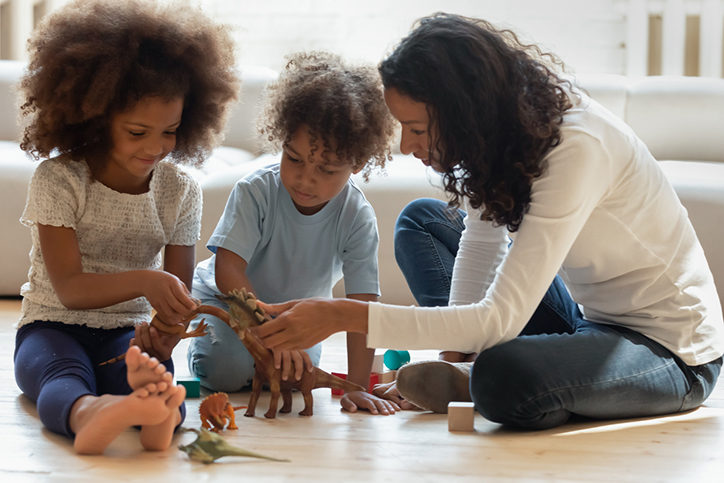
Poisonings are very common in children under the age of six, and 90 percent of the time they happen at home! So before you go out for a date night, talk with your babysitter about poison safety.
Poison Safety Tips While Traveling

Poisonings don’t take a vacation. They happen 365 days a year. Stay safe while away with these tips!
What You Should Know About Jimsonweed
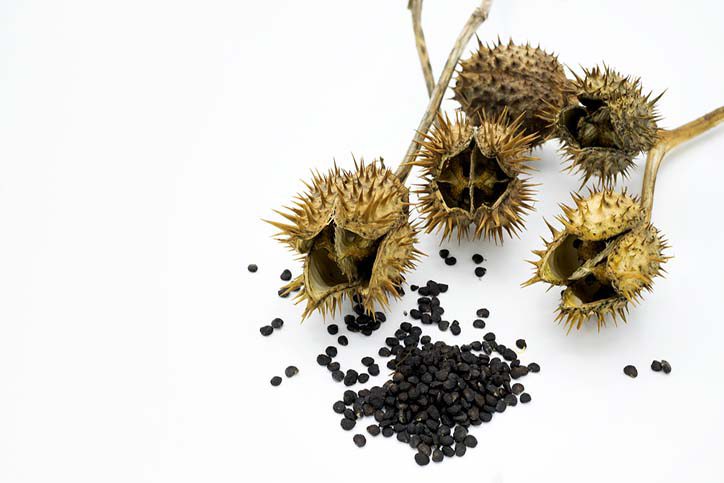
Jimsonweed, also known as “thorn apple” or “devil’s trumpet,” is a plant that’s flowers bloom in the summer and seed pods bloom in the fall. All parts of this plant – seeds, stems, leaves, roots, and flowers – are poisonous

